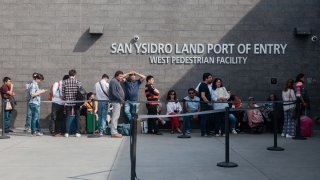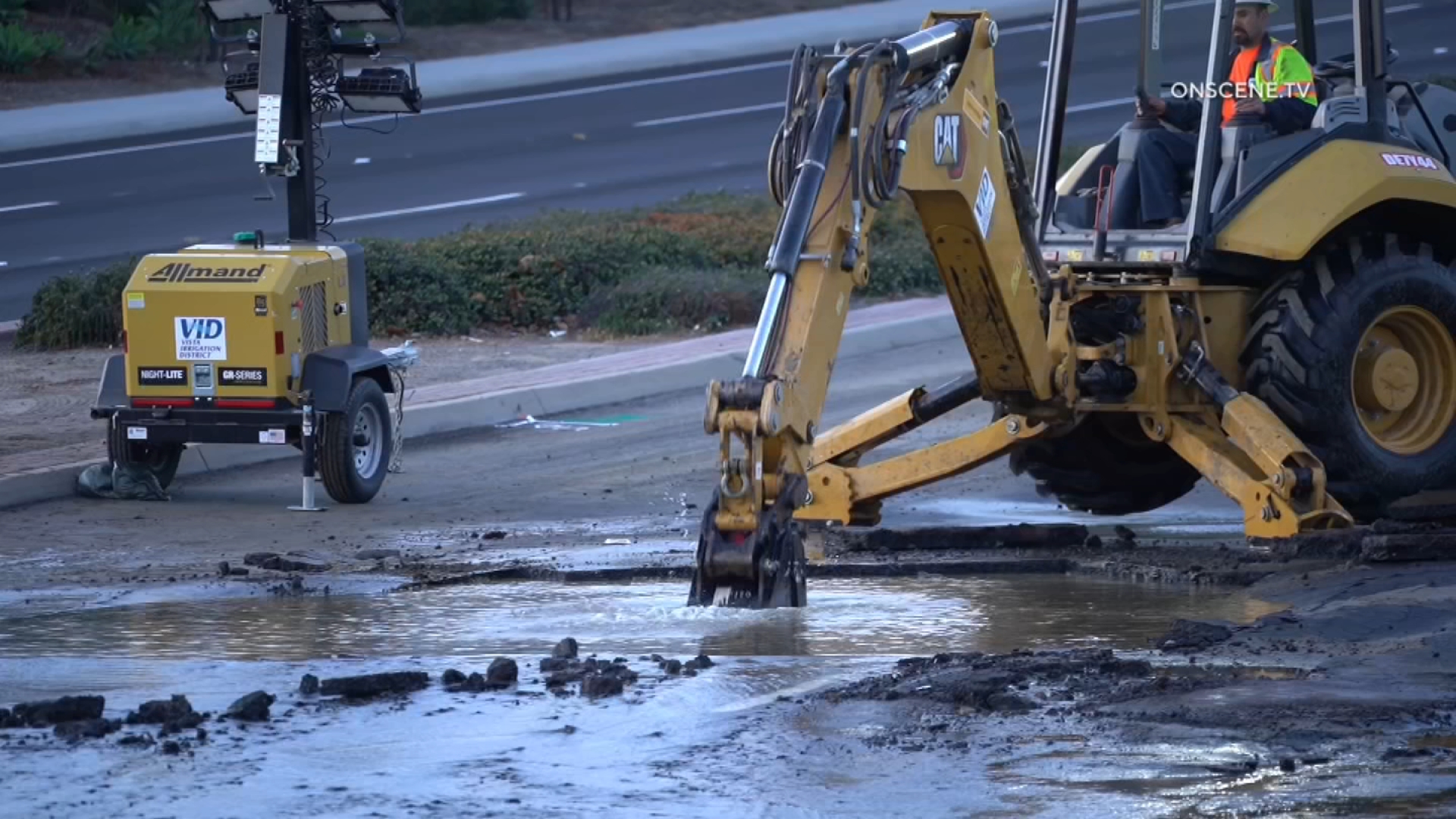
San Diego Mayor Kevin Faulconer announced the establishment of a binational group responsible for monitoring the potential impacts of COVID-19 and cross-border travel on San Diego health care and emergency resources.
The San Diego Region Border Unified Command was established last month and consists of more than a dozen local, state and federal agencies, which will track and respond to any impacts brought on by U.S. citizens crossing into the U.S. from Mexico to seek treatment for COVID-19 or other illnesses.
"The objectives of this group are really to monitor cross-border health care systems and to plan and prepare for impacts from the pandemic,'' Faulconer said.
Projections show Mexico may hit its COVID-19 peak in the coming weeks,
putting a strain on health care systems south of the border, according to
city officials, who said the border group meets twice a week "with daily data
reports to prepare for potential scenarios and reduce the impact on San Diego
County resources.''
Faulconer said "COVID-19 knows no boundaries, so our border region is working together to monitor the situation in Baja and preparing for healthcare impacts in the San Diego region should they arise.''
Faulconer also announced Tuesday that San Diego will donate 1,000 3D-printed face shields to Tijuana, Mexico for use in public hospitals.
The face shields were printed in San Diego libraries, which have been closed to the public due to the pandemic, and utilized in the meantime to produce face shields for local hospital workers.
City officials said the printers can produce about 300 face shields per week, with more than 1,600 produced and donated over the past month.
A donation of five ventilators will also be made by CalDART, a group that uses general aviation aircraft for disaster airlifts, which will manufacture and distribute the emergency ventilators.
Tijuana Mayor Arturo Gonzalez-Cruz said the donations "without a doubt will protect our medical staff that everyday works tirelessly.''



